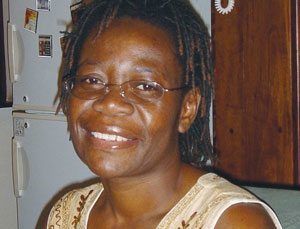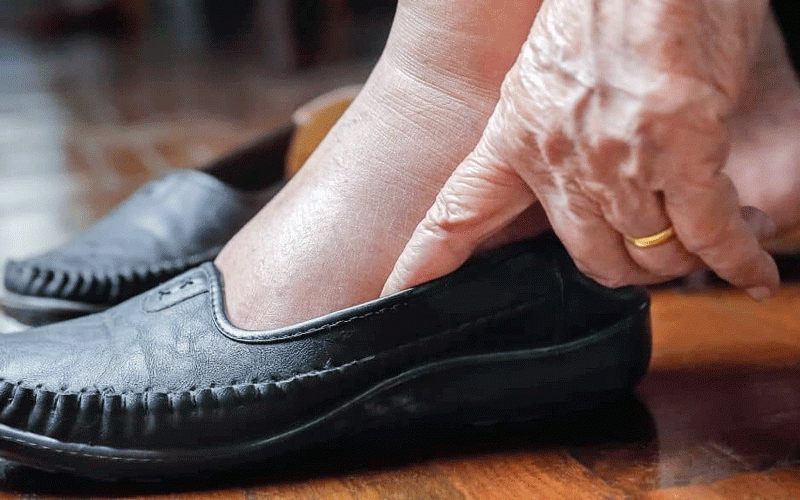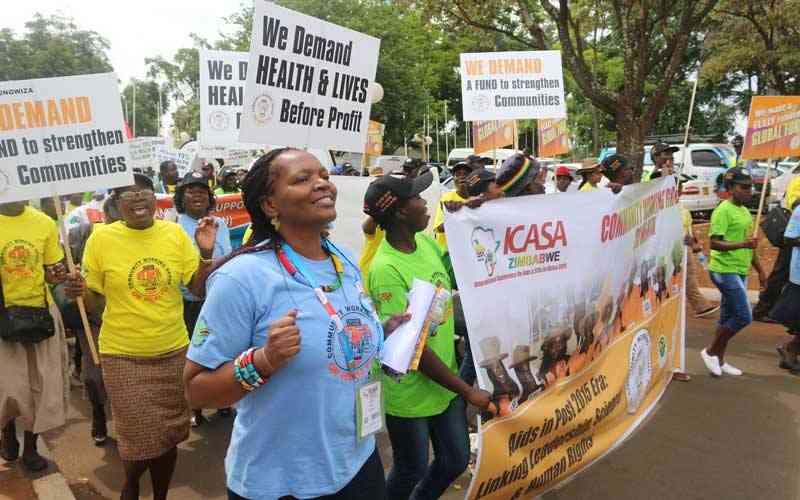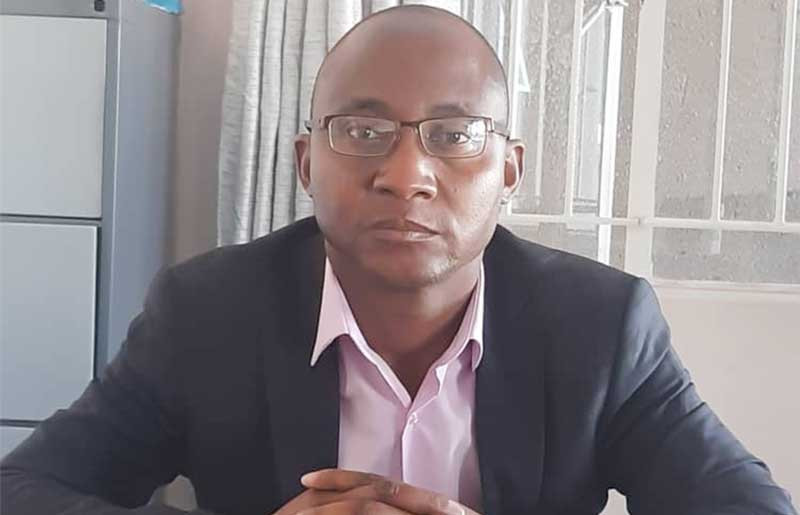
October is a month I celebrate the coming into the world of my firstborn child and it is also a month when I am reminded of my mother and all the other relatives I have lost to various cancers. Breast Cancer Awareness Month is an annual international health campaign organised by major breast cancer charities every October to increase awareness of the disease and to raise funds for research into its cause, prevention, diagnosis, treatment and cure. The campaign also offers information and support to those affected by breast cancer.
Inside Track with Grace Mutandwa
The Cancer Association and Zimbabwe join the world in commemorating Breast Cancer Awareness Month under the theme: Early Detection Saves Lives! Breast cancer is a type of cancer that starts from cells of the breast.
I lost a sister-in-law to breast cancer more than five years ago. Her cancer was detected late so she was told she had only five months to live and that was only if she had a mastectomy (breast removal). A very positive woman, my sister-in-law told her oncologist she would do anything to have even just two more months to put her children’s lives in order and sort her business affairs.
She had a mastectomy and pushed herself to finish projects she had at hand and ensured that investments she made on behalf of her children were well-secured. But after five months we still had her around and miraculously she was gaining more and more strength. She lived another five years.
I live with fear of being told that I have any one of the various cancers because I have maternal and paternal relatives who have succumbed to cancer.
According to the Cancer Association, breast cancer is one of the most frequently diagnosed cancers today. The number of cases worldwide has significantly increased since the 1970s, partly attributable to the modern lifestyles. As developing countries grow and adopt Western culture, they also accumulate more disease that have arisen from Western culture and its habits (fat/alcohol intake, smoking, exposure to oral contraceptives, the changing patterns of childbearing and breastfeeding, low parity).
There are however cases where some women get breast cancer but lead healthy lifestyles and this could be due to family history. My sister-in-law did not drink or smoke. She exercised and fed herself and her children a healthy diet but she came from a family of people prone to cancers — specifically breast cancer.
- Trial of novelist Tsitsi Dangarembgwa resumes
- Out & about: TGIF breast clinic opens in Nigeria
- Out & about: TGIF breast clinic opens in Nigeria
- Understanding childhood cancers
Keep Reading
In Zimbabwe, breast cancer is the second most common of cancers in women after cervical cancer. According to the Zimbabwe National Cancer Registry, it contributed almost 13% to the cancer burden in women.
Early detection of any cancer may save a life. Men over 40 should have regular prostate checks and all men should check their breasts too for any abnormalities. Women should have regular pap smears and also learn to do breast self-examination. I drive my daughter mad because every month I send her a reminder to examine her breasts.
How does cancer come about?
Cancer is generally a disease of the cells, which are the building blocks of body organs and tissues. Normally cells divide, grow and multiply in an orderly and controlled way, as the body needs them to keep the body healthy. When cells become old or damaged, they die and are replaced with new cells. However, sometimes this orderly process goes wrong. When this happens, cells do not die when they should and new cells form when the body does not need them. When these cells continue multiplying, they result is a mass of tissue or growth, also called a tumour.
Buy a pink ribbon to help in the fight against breast cancer
In Zimbabwe breast self-examination is encouraged since the patients themselves discover most of the lumps. The Cancer Association encourages women to get medical help if they feel any lumps or changes in the way the breast looks because if it turns out to be cancer and if it’s in the very early stages, it can be removed through a minor procedure known as a lumpectomy instead of a mastectomy. Other treatment options which include chemotherapy and radiotherapy also work better if the cancer is detected early.
Early detection of breast cancer might also mean that one does not have to lose a breast or even worse, their life. Older people might find it easier to deal with the possibility of losing a breast but we are all human and vain to a certain extent. We take our breasts for granted, but when it comes to the decision to lose one or both, we will struggle to deal with it.
Losing a breast will change how we view ourselves and there is always the fear of losing your sexuality and confidence. Modern technology has come up with breast prosthesis, but you and I know for a woman who has lost a breast, it is never the same.
Breast cancer occurs mainly in women, but men can get it, too. Many people do not realise that men have breast tissue and that they can develop breast cancer. One man is expected to develop breast cancer out of every 100 women who develop the disease. This makes breast cancer more than 100 times more common in women than in men, although males tend to have poorer treatment outcomes due to delays in diagnosis. Male breast cancer seems to be on the increase in Zimbabwe.
Constant developments in breast cancer detection and treatment in more developed countries also mean a woman does not always have to lose her breast. I know Zimbabwean women who were told they had no option but to lose a breast but sought a second opinion in South Africa where other options were offered and they beat the cancer.
This month and beyond, kindly donate to the cancer research fund. There will be women selling pink ribbons, support them in their quest to do their bit in the fight against cancer.
[email protected]/GraceMutandwa1@twitter











